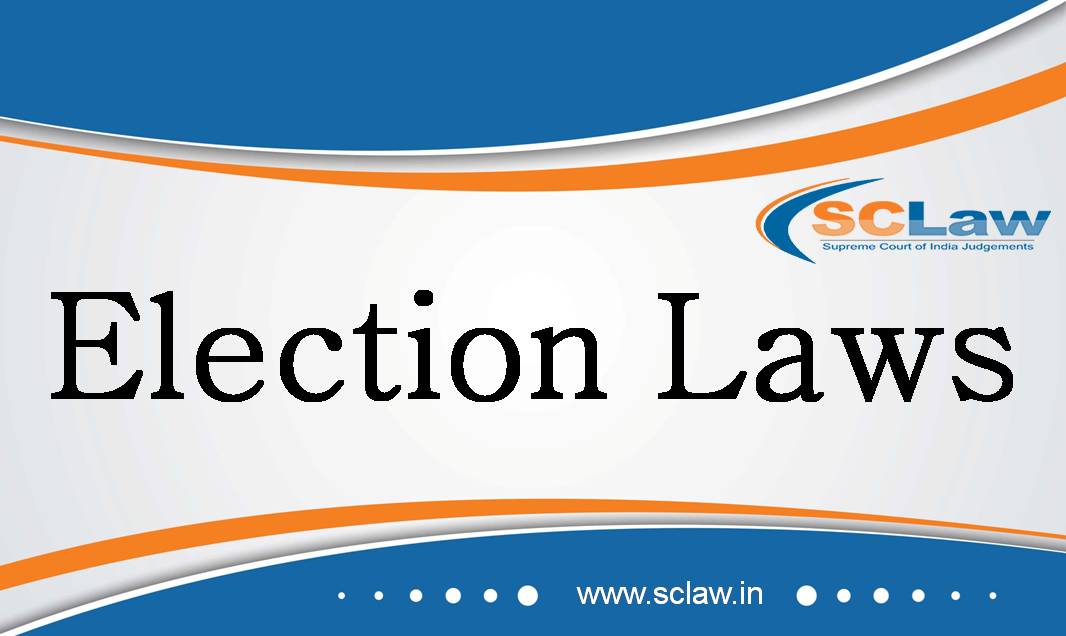Advocates—An advocate appointed as Assistant Government Advocate cannot be treated to be in service under the State Government
2018(3) Law Herald (SC) 1806 :2018 LawHerald.Org 1254 IN THE SUPREME COURT OF INDIA Before Hon’ble Mr. Chief Justice Dipak Misra Hon’ble Mr. Justice A.M. Khanwilkar Hon’ble Mr. Justice Dr.…

